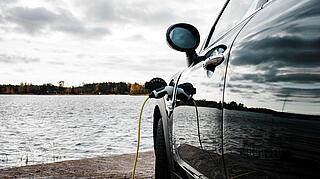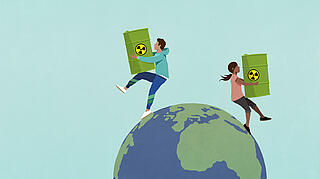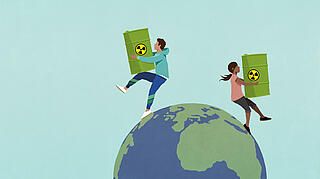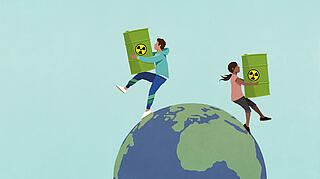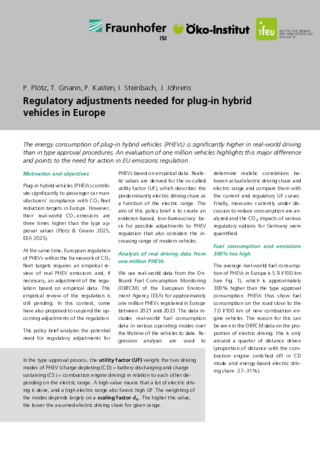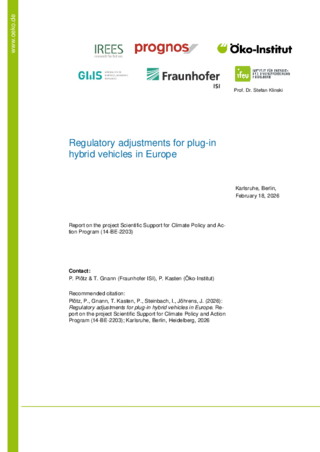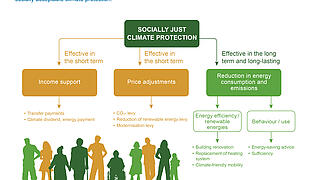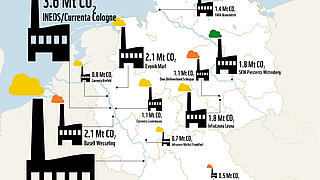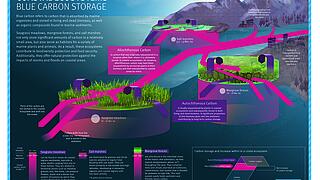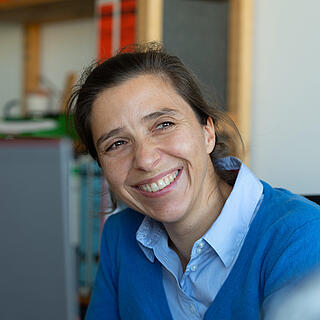Using resources responsibly, recycling materials, lessening the environmental impacts of resource consumption – these are just some of the objectives of the German Resource Efficiency Programme (ProgRess), which places particular emphasis on climate change mitigation. ProgRess sets out measures for increasing resource efficiency along the entire value chain – from raw material extraction and product design to production, use and the circular economy. Through its work, the Oeko-Institut makes a direct contribution here – the experts analyse resource policy challenges and solutions and the associated impacts in Germany and elsewhere.
The main goal of the Oeko-Institut’s research and consultancy in this field is to minimise the negative environmental and social impacts of resource extraction, processing, use and recovery. The researchers develop proposals on the reforms that must be adopted by policy-makers to establish appropriate frameworks so that sustainable development in the resource sector becomes reality at the local, national and international level.

